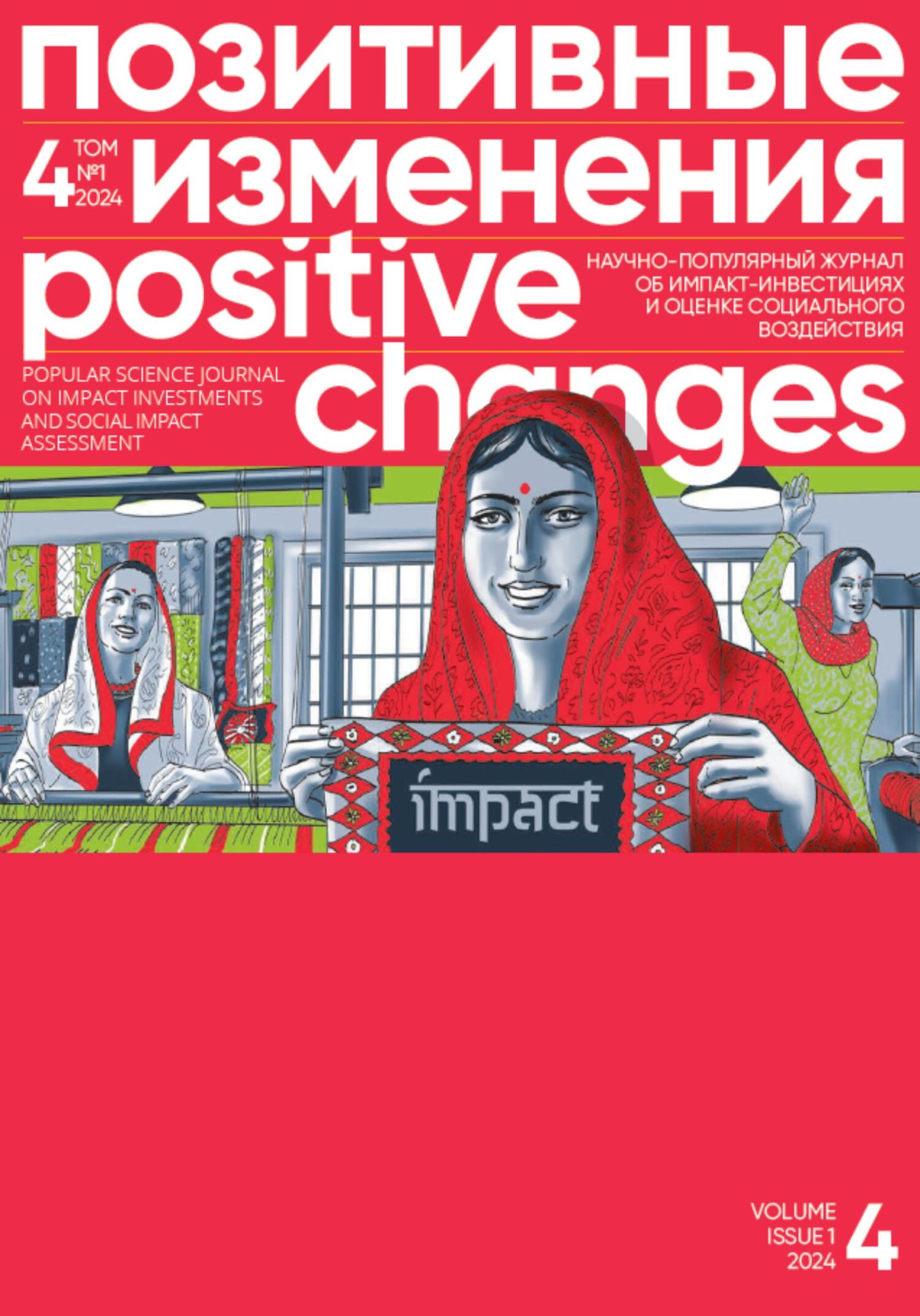and oversee the evolution of local initiatives.
In essence, it is about uniting people into a community.
Two strategies exist for locating such a team of leaders. The first involves building on the foundation of an existing team of motivated individuals (if present) and initiating work with them. This approach has its merits: the group is already formed, its members have collaborative experience, understand each other, and generally share common values. However, there are also risks: individuals have their specific interests and networks, and special efforts must be made to motivate them to broaden their connections.
The alternative is to form such a group from local leaders or those aspiring to become leaders. This process is more resource-intensive and protracted. Yet, if successful, it offers the possibility to unite a diverse group of active individuals with varying interests and experiences, thereby greatly enhancing the potential for regional development.
During this initial search for proactive community members, it is crucial for organizers to understand certain nuances of working with small territories. Otherwise, the effort expended may prove futile. It is important to pay close attention to the following:
• Territorial development can only occur if local activists are ready to become the catalysts for change. It must be underscored that shaping individual leaders is not the responsibility of the organizer. This objective is overly labor-intensive and is unlikely to result in systemic changes within the territory. The organizer’s role is specifically to unify activistleaders into a cohesive community with shared objectives and to equip them with the necessary tools for territorial development. If such activists are not yet present, it may be wise to reallocate efforts to a different region.
• Residents should be engaged in collaborative ventures that prove successful, assisting them to surmount the “learned helplessness” syndrome.
• Engagement arises when people are moved by issues that resonate with their personal interests. It is unfeasible to instantly involve people in broad societal challenges — initial collective initiatives must be resident-centered. If residents of a small territory are immediately briefed on the entire strategic vision for community development and its potential to improve quality of life and infrastructure, their inclination to participate in public affairs is unlikely. Conversely, revealing the objectives incrementally, such as first being able to bring children to a new library space, then advancing to replace street lighting, and eventually constructing a new community center, tends to enhance engagement. Marina Mikhailova, director of the Garant Group of Non-Governmental Organization, articulates it as follows: “Trouble, dreams, and love drive people toward activism.”
• Not everyone is inclined to be equally proactive. The majority of people are prepared to contribute as participants, not as initiators or organizers, and they should be granted that chance. Yet if everything is done for the residents (termed “inflicting good” in the non-profit sector) rather than by the residents themselves, they will not take initiative.
• Observing tangible outcomes takes time.
Swift success in small territory development is typically tied to specific examples. Grasping the full scope of community advancement may necessitate patience, sometimes spanning two to three years.
• Focus on cultivating relationships with local government bodies. Workflows are streamlined and outcomes are more impactful when the organizer either secures backing from the local administration or at least informs them of planned initiatives.
ORIENTATION WORKSHOP: SEEKING STRAIGHTFORWARD SOLUTIONS TO COMPLEX CHALLENGES
In the “Small Territories — Big Future” initiative, Garant opted for the latter approach and extended invitations to proactive citizens interested in nurturing local initiatives. Potential activists were offered the opportunity to enroll in a training program aimed at empowering community leaders. [56] The application form took into account experiences from both the first and subsequent visits to the Pinezhsky District. An analysis was also conducted to identify proactive leaders within the small territories of the North.
Typically, only residents from territories where at least five individuals have applied are invited to participate in the program. Participants arriving at the orientation workshop may live in the same area but often are not acquainted with each other. It is during the workshop that they discover mutual interests and begin to form a community.
After assembling the leadership group, it is crucial to conduct an orientation workshop. The significance of this step is frequently underestimated, with a hasty progression to social project planning. It is essential, however, to help activists comprehend why they have chosen this path, why it matters to them, their vision for personal future achievements, and what changes they aspire to make in their community.
The initial segment of this workshop should focus on exploring the participants’ personal motivations:
• Why have I chosen to participate in this program?
• What personal outcome am I seeking?
• How will achieving this result impact my life?
Another critical component of the orientation workshop involves discussing the shared interests of participants from the same territory:
• What changes do we collectively aim for?
• Why are these changes important to us?
• What resources do we have, and what are we lacking?
• Who else in the community may be interested in these changes?
Not every participant will act upon the discussed ideas. Some will say immediately after the workshop that the role of a local activism coordinator is not what they have dreamed of. Recognizing this promptly is valuable.
Others may decide to pursue their specific initiatives and projects, preferring to take action themselves rather than motivate others. This is also a good result, which means that future coordinators already have someone to rely on.
Inevitably, some individuals within the group will reinforce





